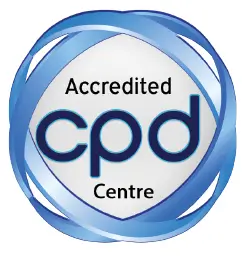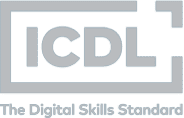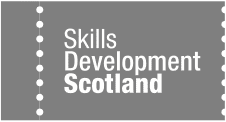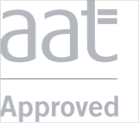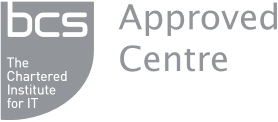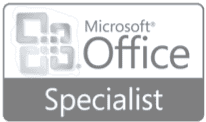Learning manual bookkeeping skills will broaden your career opportunities. Although a large majority of businesses carry out day-to-day accounts processing on digital systems, it’s important to understand the steps involved in the manual bookkeeping process. Quite often smaller businesses maintain manual records, so being able to adapt and work with a manual accounting system could prove extremely valuable for your career.
This bookkeeping course starts with an introduction to the role of a bookkeeper and then focusses on teaching you the skill step-by-step. It will take around 30 hours to work through altogether and can be studied at your own pace and at times that suits you best.
There are nine modules within the course:
Module One: The role of the bookkeeper, the difference between capital, assets and liabilities, the dual effect of transactions and the double entry system, the accounting equation, the difference between cash and credit transactions, preparing simple balance sheets, identifying transactions in ledger accounts.
Module Two: the purpose and steps used in the accounting system, the different business documents used for sales and purchases, the purpose of coding and the different coding systems.
Module Three: The basic principles of Value Added Tax, calculating VAT, constructing sales invoices, trade and cash discounts, posting sales invoices to the General Ledger.
Module Four: Checking purchase invoices for accuracy, credit notes, posting purchase invoices and credit notes to the General Ledger, the purpose of the Purchases Day Book, posting an Analysed Day Book to the General Ledger and Purchase Ledger.
Module Five: purpose of an Analysed Sales Day Book, making postings to the General Ledger and Sales Ledger, Returns Day Books, identifying debit and credit entries, using day books confidently and accurately.
Module Six: The Cash Book, processing Cash Book payments and receipts, balancing the Cash Book, preparing a postings list, the purpose of credit notes to reflect prompt payment discount, using the discounts receive and discounts allowed day books, preparing a 2 column Cash Book
Module Seven: Why the Petty Cash Book is used, processing Petty Cash payments and receipts, balancing the Petty Cash Book, preparing a cheque requisition.
Module Eight: Using a Postings List to update the General Ledger, updating the Sales and Purchase Ledger from the Cash Book, balancing ledger accounts, posting balances from a list.
Module Nine: The purpose of a trial balance, preparing a trial balance, demonstrating the ability to maintain day books, prepare ledger balances and extract a trial balance.
Once you have successfully completed the end of course assessment, you will gain a Pitman Training Bookkeeping certificate. With further study, and by undertaking the relevant examinations, you could gain an AAT Foundation Certificate in Bookkeeping (Level 2) Qualification.
